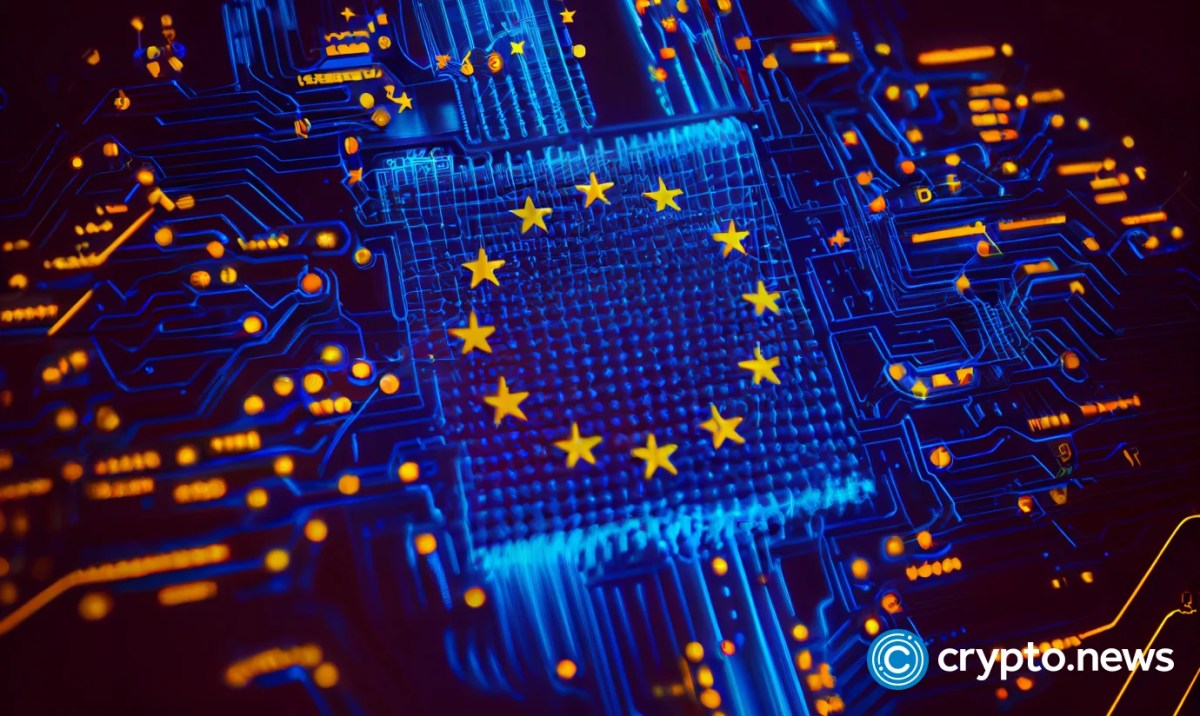The European Union is rapidly becoming a global leader in cryptocurrency regulation, a development that’s profoundly reshaping the crypto market landscape. From the intricacies of proposed legislation like MiCA to the ripple effects on trading volumes and investor confidence, the EU’s approach is setting a precedent for other jurisdictions and fundamentally altering how cryptocurrencies are perceived, traded, and utilized. This exploration delves into the heart of this dynamic interplay, examining the impact of EU regulatory news on the volatile world of digital assets.
We’ll journey through the complexities of current regulations, analyzing their effects on various crypto activities, including Initial Coin Offerings (ICOs), Security Token Offerings (STOs), and the burgeoning Decentralized Finance (DeFi) sector. We’ll also compare the EU’s regulatory framework to those of other key players like the US and UK, highlighting both similarities and crucial differences. Get ready for a captivating look at how a wave of regulatory changes is transforming the future of cryptocurrency.
The Future of Crypto Regulation in the EU
The European Union’s approach to cryptocurrency regulation is rapidly evolving, setting a global precedent and significantly impacting the future trajectory of the digital asset landscape. While the Markets in Crypto-Assets (MiCA) regulation represents a landmark achievement, paving the way for a more structured and transparent market, the journey is far from over. Emerging technologies and shifting market dynamics necessitate a continuous adaptation of regulatory frameworks, presenting both challenges and opportunities for the crypto industry and the EU itself.
Potential Future Directions of EU Cryptocurrency Regulation
The future of EU crypto regulation likely involves a delicate balancing act between fostering innovation and mitigating risks. We can anticipate a heightened focus on sustainable finance principles, integrating environmental considerations into the assessment of crypto projects and their underlying technologies. Furthermore, increased international cooperation on regulatory standards is crucial to avoid regulatory arbitrage and ensure a level playing field globally. The EU’s influence will likely grow, shaping global conversations and setting benchmarks for other jurisdictions. This proactive approach will be essential to harness the potential of blockchain technology while managing its inherent vulnerabilities. For example, we may see the development of more granular regulations addressing specific crypto asset classes, rather than a blanket approach.
Challenges and Opportunities for the Crypto Industry in the Context of Evolving EU Regulations
The evolving regulatory landscape presents both significant hurdles and exciting opportunities for the crypto industry.
- Challenge: Navigating the complexities of compliance with evolving regulations across different member states, which might have slightly different interpretations or enforcement approaches, can be expensive and time-consuming for businesses.
- Opportunity: Clear and consistent regulations can attract investment and boost legitimacy, fostering a more mature and stable crypto market within the EU, thereby increasing consumer trust.
- Challenge: The rapid pace of technological innovation in the crypto space might outpace the regulatory framework, leading to regulatory gaps and potential loopholes.
- Opportunity: The EU’s regulatory clarity could attract innovative crypto projects seeking a stable and predictable environment to operate, positioning the EU as a global hub for crypto innovation.
- Challenge: Ensuring the effective enforcement of regulations and addressing potential cross-border regulatory conflicts will be paramount.
- Opportunity: The establishment of a robust regulatory framework could contribute to the development of innovative financial instruments and services based on blockchain technology, potentially boosting financial inclusion and efficiency.
Potential Impact of EU Regulation on the Development and Adoption of Blockchain Technology
EU regulation has the potential to significantly influence the adoption and development of blockchain technology. A well-designed regulatory framework can stimulate innovation by providing legal certainty and promoting trust. This, in turn, can lead to wider adoption of blockchain technology across various sectors, from supply chain management and healthcare to voting systems and digital identity. Conversely, overly restrictive regulations could stifle innovation and hinder the development of this transformative technology. The balance is crucial; a regulatory approach that encourages responsible innovation while mitigating risks is essential for realizing the full potential of blockchain. For instance, the successful integration of blockchain in supply chain management within the EU could significantly enhance transparency and traceability, benefitting both businesses and consumers.
Potential Scenarios for the Integration of Crypto Assets into the Broader EU Financial System
Several scenarios are plausible for the integration of crypto assets into the EU financial system. One scenario involves a gradual integration, with crypto assets becoming increasingly accepted alongside traditional financial instruments. This could involve the development of regulated crypto exchanges, custodians, and other service providers, alongside the creation of new financial products based on crypto assets. Another scenario envisions a more cautious approach, with tighter regulations limiting the use of crypto assets primarily to investment purposes. The ultimate scenario will depend on several factors, including technological advancements, market developments, and the evolving regulatory landscape. The successful integration of stablecoins, for example, could significantly impact the EU’s payment systems, offering faster and cheaper cross-border transactions.
The EU’s proactive approach to cryptocurrency regulation is undeniably influencing the global crypto market. While challenges remain, the clarity and structure provided by these regulations are fostering a more mature and potentially sustainable crypto ecosystem. The ongoing evolution of EU legislation will undoubtedly continue to shape the trajectory of the crypto industry, encouraging innovation while mitigating risks. The future of crypto in the EU is not just about compliance; it’s about responsible growth and global leadership in a rapidly evolving digital frontier.

